Libya
The Libyan National Oil Company (NOC) has called on foreign companies active in the hydrocarbon sector to resume exploration and production operations, citing an improved security situation.
"The NOC calls on international companies operating in the oil and gas sector, with whom agreements for exploration and production of oil and gas have been signed, to lift the force majeure invoked on their side," according to a statement issued on Monday night.
The "state of force majeure" is a measure invoked in exceptional circumstances, allowing an exemption from the responsibility of the NOC, or in this case, companies operating in Libya, in case of failure to meet contractual obligations.
Over the past decade, Libya has been regularly plagued by violent clashes between rival factions in the east and west, which has affected the exploitation of oil fields, and the transport of hydrocarbons and oil terminals, which are caught between the two camps.
The NOC explained that it launched this appeal after having carried out an "assessment" of the security situation and noted a "dramatic improvement" in some sites where it was difficult to operate.
The NOC urged foreign companies to "resume their operations" of exploration and extraction, assuring them that it would provide them with "all the necessary support" so that they could work "in a safe environment", in "cooperation with the civilian and military authorities" on the spot.
Nearly eleven years after the fall of Muammar Gaddafi, Libya, which has the most abundant oil reserves in Africa, remains torn between rival factions in the east and west, against a backdrop of foreign interference.
Since March, two governments have been fighting for power, one based in Tripoli (west) and recognized by the UN, the other supported by parliament and the camp of Marshal Khalifa Haftar, the strongman of the east.
The day after his appointment in mid-July as head of the NOC, Farhat Bengdara announced the lifting of a blockade on six major oil fields and terminals, closed since mid-April by groups close to the eastern camp.
In early November, he said his country was seeking to increase its oil production "to 2 million" barrels per day, almost doubling from the current level of 1.2 million b/d.



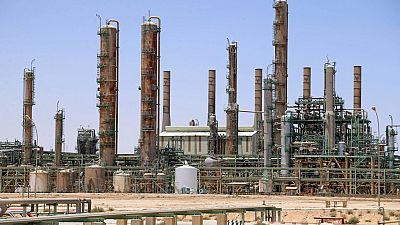

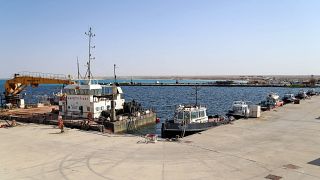
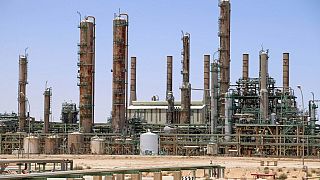
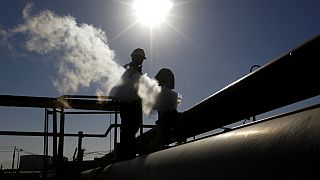
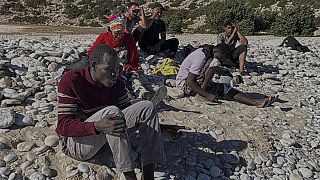





Go to video
Former Nigerian President to be buried today
Go to video
Islamic preachers in Burkina Faso rally against social media hate
Go to video
Greece cracks down on irregular migration, says it’s "not an open corridor to Europe"
Go to video
Ruto's $9M mega church sparks outrage amid Kenya's crisis
Go to video
“I can’t do nuttin’ for ya man”, Nigerian Minister quotes Flavour Flav in rejection of Trump policy
Go to video
U.S. slashes visa duration for some African nationals amid policy shift